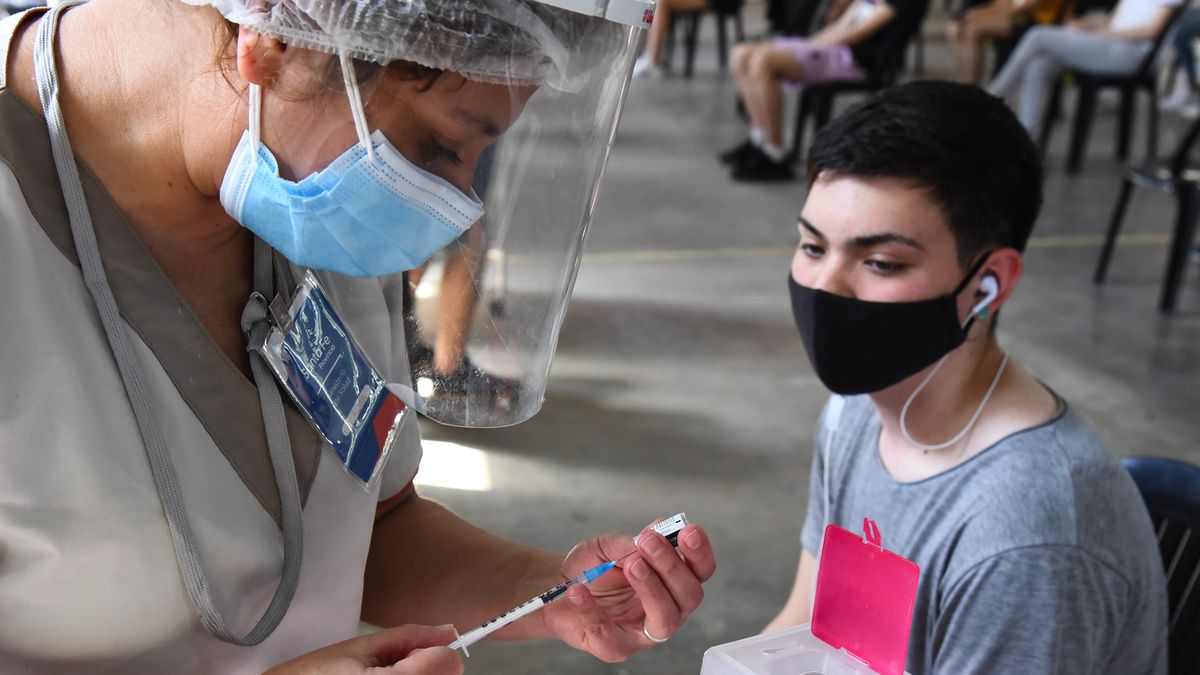Jakarta –
Myanmar’s economy is slowly collapsing and is on the brink. The political turmoil that is full of instability and restrictions on social activities due to the COVID-19 pandemic has dragged Myanmar to the brink of collapse.
The World Bank estimates that Myanmar’s economy will shrink by 18% this year and the poverty rate is likely to more than double by 2022.
It is reported that the poor people of Myanmar have been haunted by hunger. How not, rice prices have risen more than 18% and vegetable oils have doubled in the last 12 months according to the World Food Program.
Myanmar’s banking system is on the verge of collapse. After the coup, people rushed to withdraw their savings and the banks responded by limiting the maximum amount that each person could withdraw.
Since last March, Myanmar’s central bank has limited cash withdrawals to a maximum of 2 million Kyat (Rp 15.20 million) a week and 20 million Kyat (Rp 152.4 million) for most companies.
Yangon resident Ma Khine said he had to get up early to wait in long lines at ATM machines in hopes of withdrawing some money. The KBZ bank in Myanmar Plaza where it goes, opens at six in the morning and only issues a limited number of tokens to a limited number of customers.
“Only three out of ten machines are working at any one time, and the bank will not add any more,” Ma Khine was quoted as saying by the BBC, Wednesday (6/10/2021).
“If you can’t wait, then you have to pay bribes on the black market,” he added.
That’s what Ma Khine did, too, where he had to pay a 12% commission last month to withdraw his own money.
Private banks also limit the amount of money that can be withdrawn. CB bank in the Irrawaddy Delta region, for example, allows customers to withdraw only 500,000 Kyat (Rp 3.8 million) in two weeks.
“Small businesses have been hit hard by this limitation,” explains Private Bank Branch Manager, Tun Tun.
This condition makes very few people save in the bank. On the other hand, thousands of account holders are willing to withdraw money every day. Remittance is also subject to cash availability at the receiving branch office.
“We have to call other branches to check if they have enough money to pay for the transfer”, said Tun Tun.
Reports from the BBC’s journalists, residents also have to queue to receive food. Unfortunately again, already tired of waiting in line there are also residents who do not get food assistance.
“I joined the queue to receive porridge from the sponsoring group. I waited for more than half an hour but it was finished before it was my turn,” said one resident named Ma Wai with tears in his eyes.
Ma Wai, a resident of Monywa in central Myanmar, used to work as a cleaner and housemaid for a wealthy family. Now he is queuing for food for his son, but not getting any.
“I came home empty-handed. I feel very sorry for my four-year-old daughter,” she said.
Ma Wai stopped working when the COVID case exploded last July. Her employer asked her not to work because the government ordered everyone to stay at home. Ma Wai’s husband is a painter. The husband was forced to not work due to COVID restrictions.
(hal/dna)
– .


